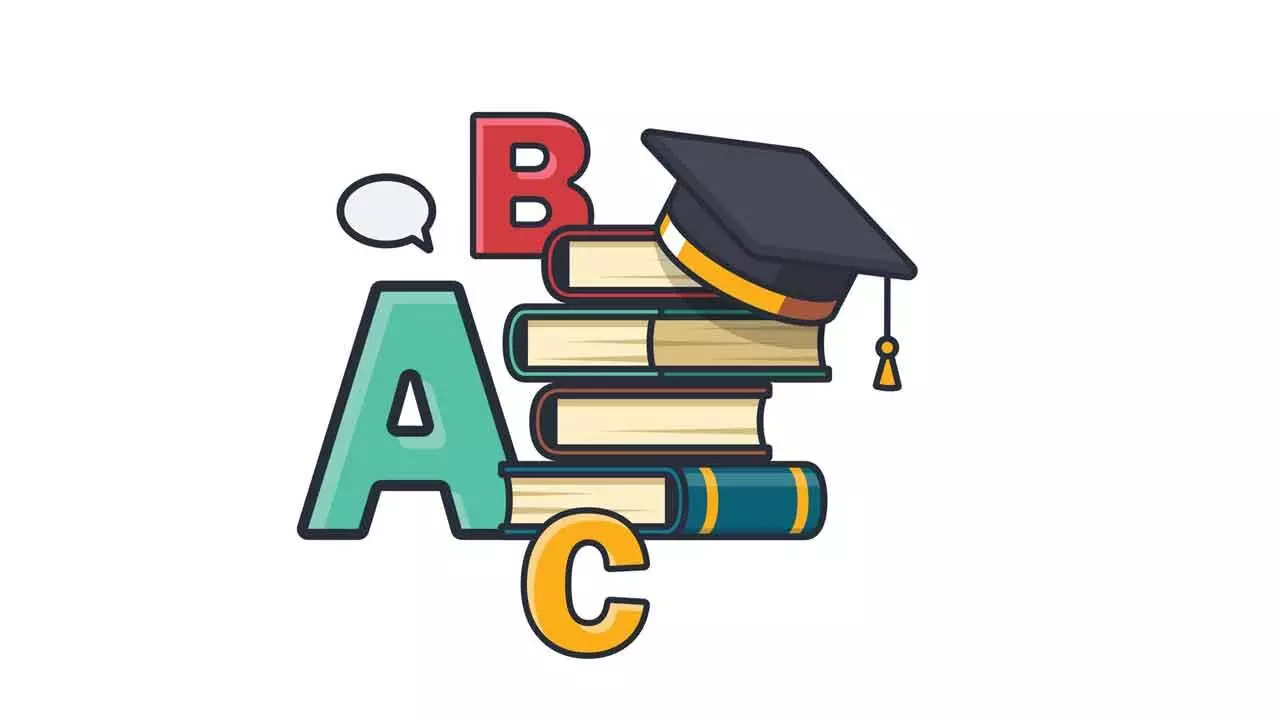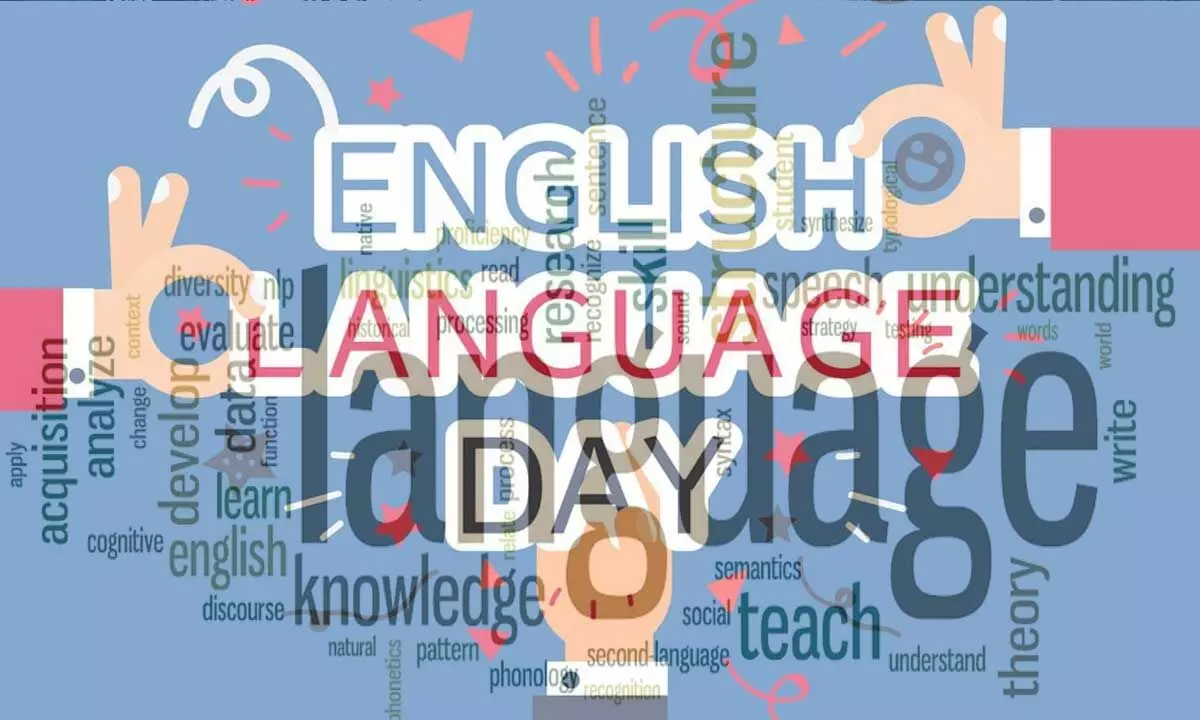English has long served as a bridge across cultures, disciplines, and borders, playing a central role in connecting people from diverse linguistic backgrounds. It is the primary language of international diplomacy, business, science, aviation, and most notably, the internet, making it an indispensable tool in global interaction. In an increasingly interconnected world, English continues to shape conversations, foster collaboration, and build cultural understanding on an unprecedented scale.
As we embrace the digital age, the way English is used and learned is undergoing a rapid transformation. Technology and globalization have reshaped communication, allowing English to evolve into a more dynamic, adaptive, and inclusive language. From text messages and tweets to online forums and virtual meetings, English has become a flexible medium for expression—often blending traditional grammar with slang, emojis, memes, and abbreviations to suit the pace of modern communication.

Platforms like social media, YouTube, podcasts, and language apps have also revolutionized how people learn English. Self-paced, interactive, and often informal, these tools have broken down barriers to access, enabling millions around the world to gain proficiency in English from the comfort of their homes. This shift has also encouraged peer-to-peer learning and a growing acceptance of different English accents and dialects, promoting linguistic diversity within a shared global framework.
Moreover, English in the digital age is not just about learning a language—it’s about participating in a global culture. Whether it’s engaging in cross-border business, accessing international research, or simply enjoying content from around the world, English allows individuals to connect, collaborate, and contribute on a global stage. As a result, English today is more than a language—it is a global connector, continually adapting to the times and serving as a powerful force in shaping our shared future.
.
















